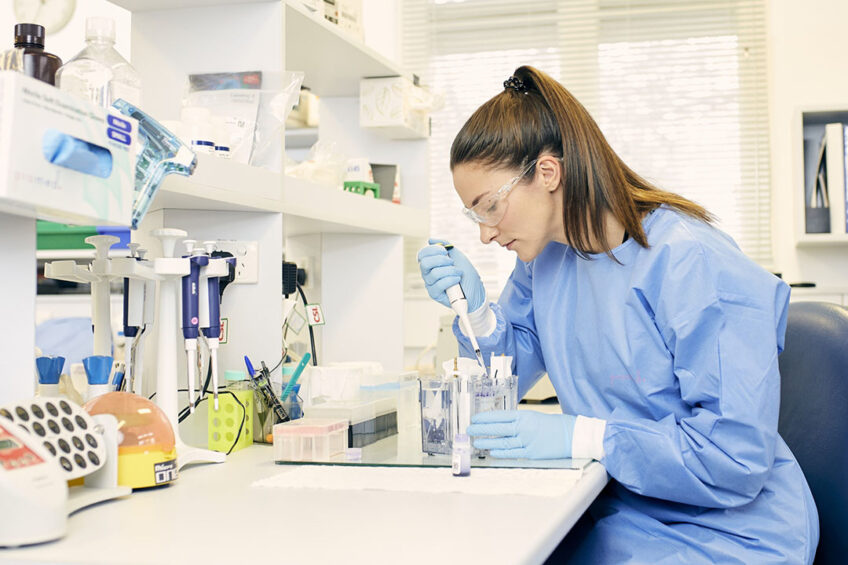Farming Pharma – 100 million eggs yearly for flu vaccines

Despite the development of many vaccine manufacturing platforms, including cell-based production, eggs from laying hens continue to be used for flu vaccines across the globe.
The use of eggs for flu vaccines started in the early 1940s when global company, CSL, produced 1 million doses of a new influenza virus vaccine using an egg-based method pioneered by Australian virologist Macfarlane Burnet. Seasonal production began shortly afterwards, and egg-based manufacturing has been the mainstay of influenza vaccine production globally.
One UK company uses around 600,000 eggs a day for flu vaccines worldwide. CSL Seqirus’ head of global influenza scientific policy, Dr Beverley Taylor, said the eggs were very good incubators to grow some viruses. She told BBC Farming Today: “They enable us to get some yield of virus out of the eggs, so we are able to get sufficient flu vaccines to protect millions of people every year. We source our eggs from dedicated farms which supply us0 exclusively – these farms have very high levels of biosecurity and very strict controls on the site about who can enter. The sites are also regularly checked and audited by us to ensure that the standards are maintained,” says Taylor.
Over half a million eggs a day
“We process close to 600,000 eggs a day, 7 days a week for a large part of the year because we supply both northern and southern hemispheres – about 4 million eggs a week and well over 100 million eggs a year, so, a huge amount,” she notes.
The process involved pre-incubating the eggs, and then they are inoculated on a massive scale: “We inoculate the eggs with the virus. We allow the virus to grow for a few days and then harvest the allantoid fluid – the white of the egg – and that’s where we get the virus.”
There are other alternatives. The company produces flu vaccines in cells at its facility in North Carolina in the US, and there are many other manufacturing platforms being developed for flu vaccines.












